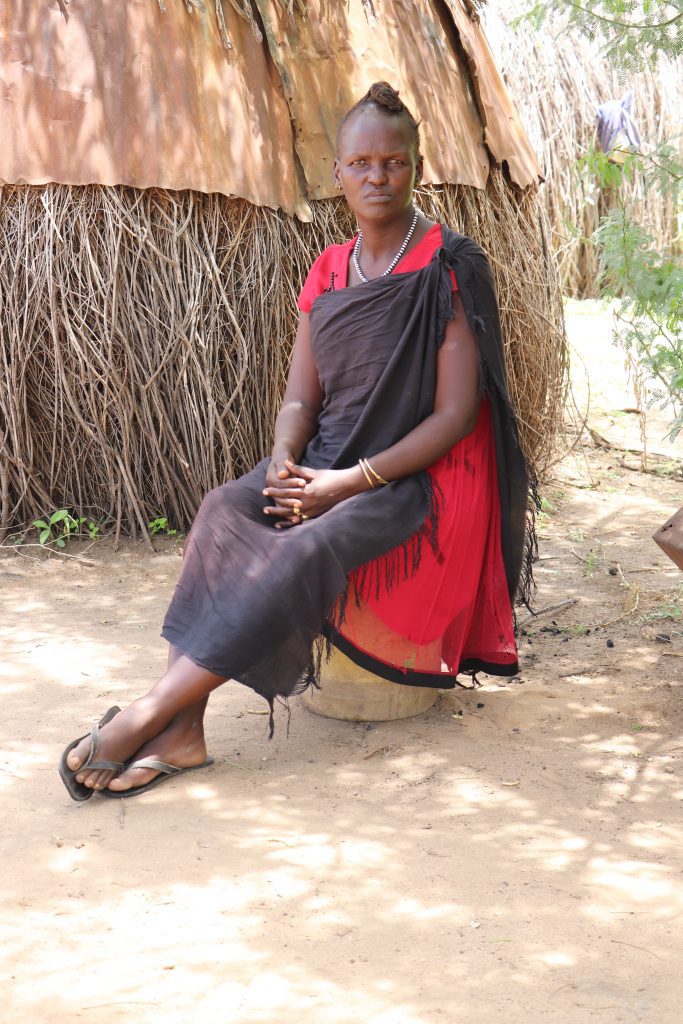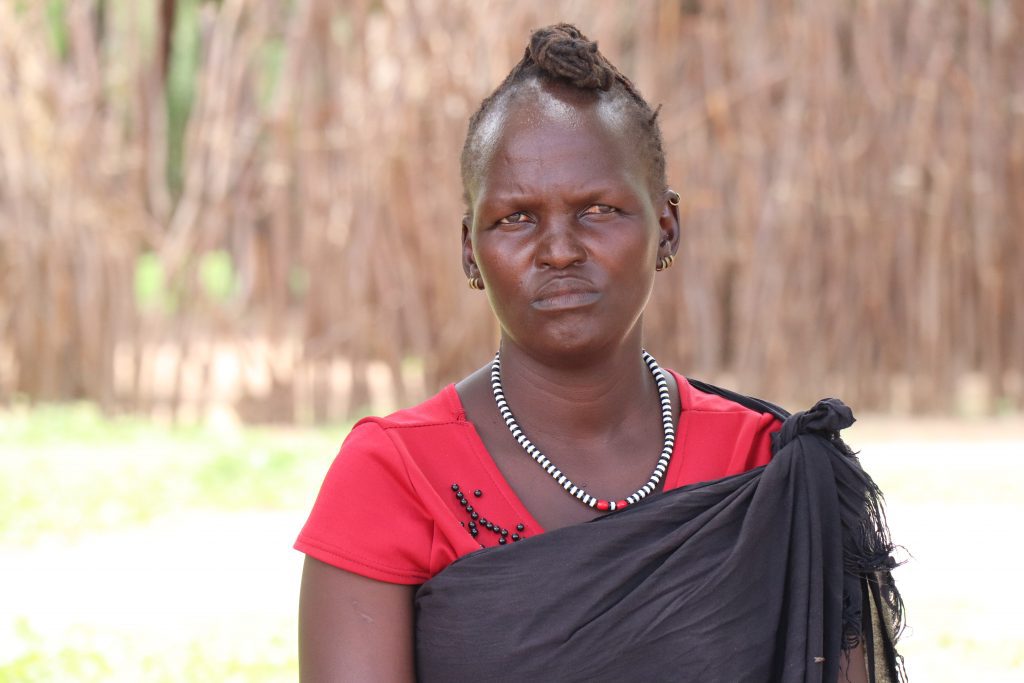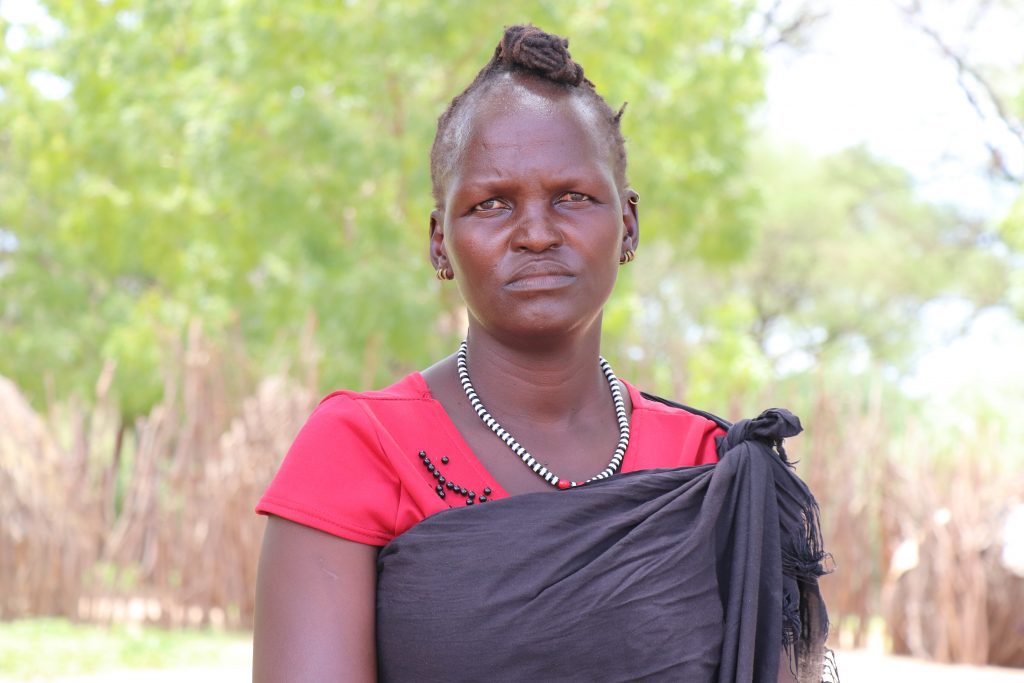On the Frontlines of Community Health
Community Health Volunteers Extend Reach of Health Facilities
by: Solomon Mutisya, ADRA Kenya, with Heather Grbic, ADRA Canada
Imagine you’re a healthcare provider serving a broad region. Many of the communities in your region are far-flung and hard to reach. To further complicate matters, many of the community members lack the transportation or funds to make the long trek to your door for care and health education. In some cases, community members don’t see the need in seeking care.
How can you possibly improve the health and well-being of those in your care?
This is where community health volunteers step in. They are on the frontlines of health in their communities. As community members, they have the trust and respect of the community. Through them, healthcare provision is extended to these rural locations, ensuring the health rights of all.

TOGETHER Partners with Community Health Volunteers in Kenya
The TOGETHER project, with generous funding from Global Affairs Canada, is partnering with community health volunteers (CHVs) in northern Kenya. Through these partnerships, healthcare providers can have a better picture of the health and well-being in a community and respond accordingly.
Of course, the community benefits, as well. Community health volunteers provide life-changing health information and even life-saving referrals to health facilities.
Catherine Elim is a CHV for her community unit in Lokichoggio, Kenya. She has been working closely with ADRA for a year now. She says that the training has given her knowledge on water, hygiene and sanitation (WASH), gender-based violence (GBV), 20th-century life skills, woman-centered inclusive care, and counseling. All of this has helped her to understand and do her work as a CHV better.
Her work includes referring pregnant women and the sick to the hospitals, and ensuring people keep hygiene in their homes by taking them through basic WASH practices like washing hands and boiling or treating water before drinking. This is only some of how Catherine cares for the health of her community.

Catherine’s Story
“l remember when I first started this work, I was not confident enough. I could not even stand or talk in the crowd. The training sessions have built my confidence, and I am able to say something to the community members without fear. I have also taken part in the training of adolescents on 21st-century life skills and WASH.
“Some of the things I have learned that I didn’t know is that unwelcomed touch or comments are still a form of gender-based violence.
“I have also gained much knowledge that has helped me to take care of my home. I am to guide my children, especially my two girls, by talking to them about the realities of life. My girls are also taking the training on 20th-century life skills. I have seen changes in the way they do things.
“The small problem I have is how to start having the sex talk with my daughter, who is 16 years old now. I want to make sure she doesn’t end up pregnant because that will make her drop out of school. I really don’t want what happened to me to happen to my daughter. I dropped out of school. I want this not only for my daughter but for the girls in this community.
“I really want to see the cases of early pregnancy come down. Having worked in the hospital setup, I would really love it if ADRA will support our hospital in nutrition and equip the female’s maternity wards to attract women to give birth in the hospital.”

Going Further: Sharing Health Messages with Others
TOGETHER supports integrated health outreaches in collaboration with the local health facility. The CHVs assist with these outreaches as they provide consultations, dispense needed medicines and vaccinations, and build awareness on topics like GBV, family planning, and sexual and reproductive health and rights (SRHR), for youth as well as adults.
Catherine isn’t content for her community to be the only one to benefit, however. She and other local CHVs are highly motivated to share the health messages in other villages through what they call dialogue days. They walk to more remote villages that are accessible only by foot or motorcycle to talk about hygiene, antenatal care at the clinics, the importance of giving birth in the hospital, and GBV.
Catherine believes that people in these hard-to-reach areas need this information so they can cease giving their young daughters in marriage. Child marriage is a violation of human rights, has major health implications for the young girls and their children, and is a major cause of GBV. She hopes that ADRA can support these dialogue days and better reach the very remote with health assistance.
TOGETHER: Health for All
The TOGETHER project, which is implemented in Cambodia, Kenya, the Philippines, and Uganda, is working to ensure that all, especially the most vulnerable, can enjoy their health-related human rights. Partnering with CHVs is one way that TOGETHER is accomplishing its goal.
Your support of ADRA’s work helps make this possible. Thank you!
To learn more about the TOGETHER project, please visit Health – ADRA Canada!
Let's make a difference together!
Related News and Stories
- Stories
- Stories
- Stories